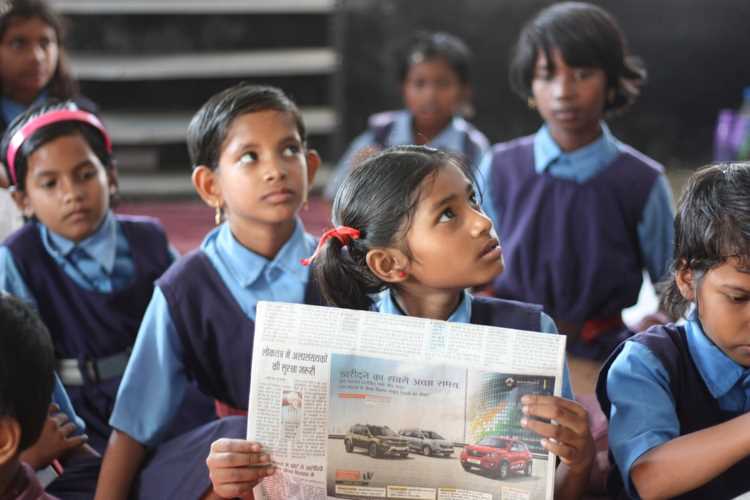
By Rustom Kerawalla
The Union Budget 2021 presented today by finance minister Nirmala Sitharaman can best be described as a mixed bag. The Covid-19 pandemic is showing no signs of subsiding and the restrictions imposed to curb its spread are still in force, albeit in less stringent forms. The coronavirus crisis has caused a major disruption in the education sector. The Budget 2021 highlights the Narendra Modi government’s resolve to strengthen the education sector by rolling out the provisions of the National Education Policy (NEP 2020) in more than 15,000 schools. This way, other schools could be mentored to achieve the NEP goals faster.
Budget 2021 has earmarked funds to open around 750 Eklavya model residential schools across India. This will further the cause of equitable access to education to children belonging to vulnerable and marginalised sections of the society. The Budget raises allocation for Eklavya model schools to Rs 38-40 crore in hilly areas, a move that could give a fillip to quality of education in tribal and distant areas. However, the rollout and implementation across all states should be done within a couple of years.
READ I The New Education Policy: Twenty ideas that will shape India’s education system
Budget 2021 eyes PPP model in education
The Budget 2021 proposal to set up 100 government-run Sainik schools to be managed under the public-private partnership (PPP) programme will help train young minds, bringing benefits to the country in the long run. The proposed Ind-SAT to be held in Asian and African countries will provide a fillip to the education sector as more foreign candidates are expected to come to India.
With the introduction of a legislation for setting up the Higher Education Commission, an umbrella body to regulate education, educational institutions will have clarity on introducing multiple academic programmes.
READ I Online education: Govt must enforce standardisation, regulation of EdTech firms
Apprenticeship idea in Budget 2021 to broaden job market
Under the National Apprenticeship Promotion Scheme, the government proposes to amend the Apprenticeship Act to further enhance opportunities for the youth. The Union government will realign the existing National Apprenticeship Training Scheme (NATS) to provide post-education apprenticeship, and training of graduates / diploma holders. More than Rs 3,000 crore will be earmarked for this scheme. All this would help India benefit from the demographic dividend and broaden the job market.
The government can look towards harnessing the public-private partnership (PPP) entities and NGOs in school education, while seeking an arrangement for a collaborative engagement. The participation of the private sector and NGOs in managing and operating schools will be an enabler in providing a modern, high-quality framework for education.
READ I GST regime in the education sector needs further tweaking
Budget 2021, however, doesn’t provide much clarity about the EdTech and skill providing sectors. Some relief was expected for the EdTech industry, which is anticipated to grow at a fast clip. EdTech will continue to remain in the 18% GST bracket.
Overall, the budgetary allocation for the ministry of education has been cut by 6.13% in Budget 2021 to Rs 93,224 crore. This move comes at a time when more fund allocation for the sector was expected, especially in the aftermath of the Covid-19 pandemic.
(Rustom Kerawalla is chairman of Ampersand Group. Views are personal.)
